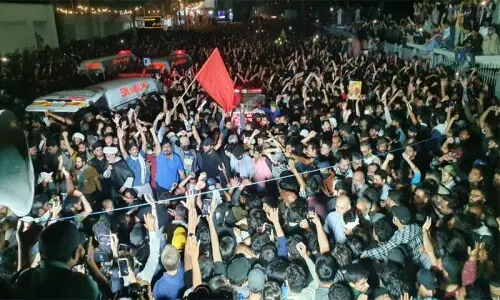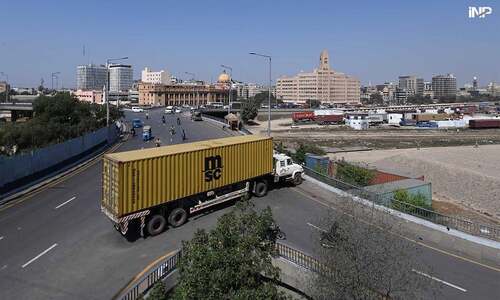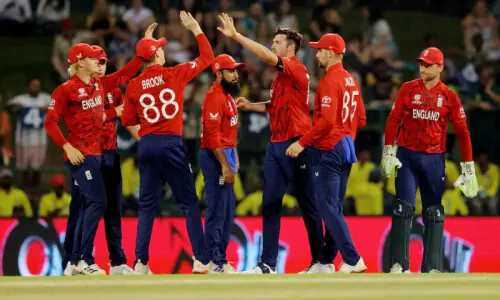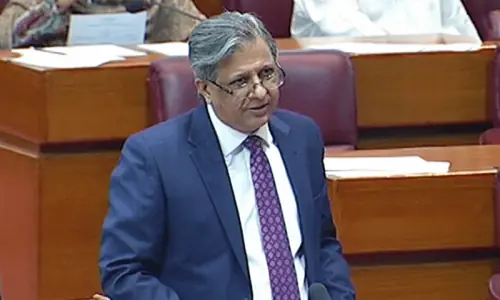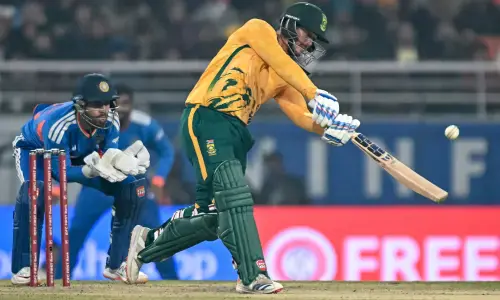HYDERABAD: Civil society activists speaking at a consultation meeting organised by the Human Rights Commission of Pakistan (HRCP) called for legislation to safeguard the rights of minorities and implementation of the existing laws in letter and spirit to protect their life and property as well as fundamental rights.
They stressed that all hindrances in providing constitutional rights to members of all minority communities must be removed and the quota fixed for them in education and employment be ensured. They urged the federal government to announce ‘special packages’ for “vulnerable” Hindu communities in order to alleviate a sense of deprivation and alienation in them.
The programme titled ‘Consultation meeting on challenges for vulnerable groups of Hindu communities’ was held in a local hotel late on Monday evening.
HRCP director Chaudhry Najamuddin, its minorities rights project director Tahira Habib and task force coordinator Dr Ashothama Lohana; Sindh Rural Partners Organisation director Zahida Detho, and other civil society activists including Kishan Sharma and Radha Bheel highlighted the issues being faced by the Bheel, Meghwar, Jogi and other low-caste Hindu communities described by the speakers as “vulnerable”.
These communities, they said, stood deprived of their political, social and economic rights. “Members of these communities are facing discrimination in every sphere of life and they are kept away from electoral politics,” one of the speakers said.
Some other speakers observed that these low-caste communities were being exploited by government institutions.
They noted that militancy and extremism that had registered a rise in recent years badly affected freedom of religion, ideology and thought and low-caste Hindu communities appeared to be the most vulnerable target of militants and extremists.
They suggested that these communities should be offered opportunities to live together as they felt insecure because families of each community mostly lived far apart in a scattered manner. They could get their rights and due facilities in a more effective and systematic manner if they lived together in bigger populations at one place, they suggested.
The speakers proposed special packages for such communities observing that most of them appeared to be tenants [or haris] of big landowners with a very low annual income in cash and kind.
Earlier, Dr Lohana, who moderated the programme, spoke to the participants and said that the objective of the consultation session was aimed at identifying and highlighting the challenges being faced by the vulnerable Hindu communities and suggest ways to ensure their safety, security, constitutional rights and dignity.
Pushpa Kumari, Dr Harji, Prof Badr Soomro and Amrishi Thakur were among the others who participated in the session.
Published in Dawn, June 14th, 2017

